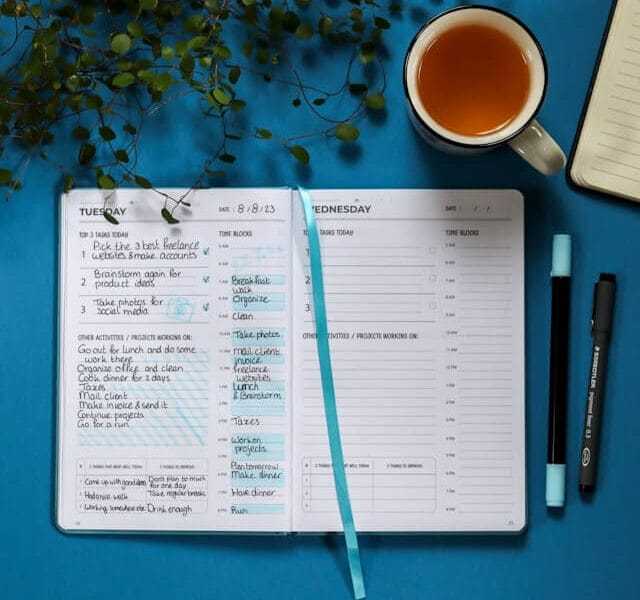The good news? You can stop the slide. It doesn’t require a marathon all-nighter, but it does require a smart strategy. Here’s your emergency plan.
1. Perform Academic Triage, Not a To-Do List.
When you’re overwhelmed, a long to-do list is your enemy. Instead, think like an emergency room doctor. You don’t treat a scraped knee when there’s a critical injury. Triage your work:
- What’s Bleeding Now? What is due in the next 72 hours? An assignment? A quiz? Focus only on that. Nothing else matters yet.
- What’s a Major Injury? What carries the most weight? A midterm worth 30% is more important than a quiz worth 2%. Put your energy where it has the most impact.
- What’s a Lost Cause? That 1% assignment you missed two weeks ago? Let it go. Seriously. The mental energy you’ll waste trying to get it done is better spent on catching up on current material. Forgive yourself and move on.
2. Use the 30-Minute Rule.
The hardest part of catching up is starting. Staring at a three-hour lecture you missed feels impossible. So, don’t commit to three hours. Commit to 15 minutes.
Set a timer and tell yourself, “I only have to work on this for 30 minutes.” Watch the lecture at 1.5x speed, read the first few pages of the chapter, or review your notes. Anyone can do something for just 30 minutes. More often than not, the small act of starting will give you the momentum to keep going.
3. Talk to Your Professor (No, Really).
Walking into a professor’s office hours can be intimidating. You might feel like you’re admitting failure. But here’s a secret: professors want to help students who are trying to catch up.
You don’t need to have specific, brilliant questions. You can be honest.
“Hi Professor, I’ve had a tough time adjusting to the new city and have fallen a bit behind. I’m trying to get back on track and wanted to ask what you think are the most important concepts from the last two weeks I should focus on first.”
This shows initiative, not weakness. They can point you to the most critical topics, saving you hours of guessing.
You moved out to move forward, not to feel like you’re drowning. Remember, the academic slide is a temporary problem, not a personal failing. At Khizar, we link students with seniors who have aced the very courses you’re struggling with. You don’t have to figure this out alone. Reach out, and let’s make a plan together.



